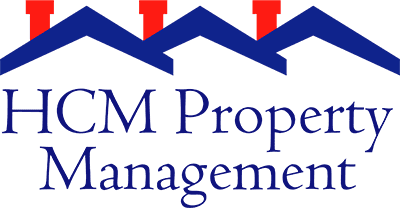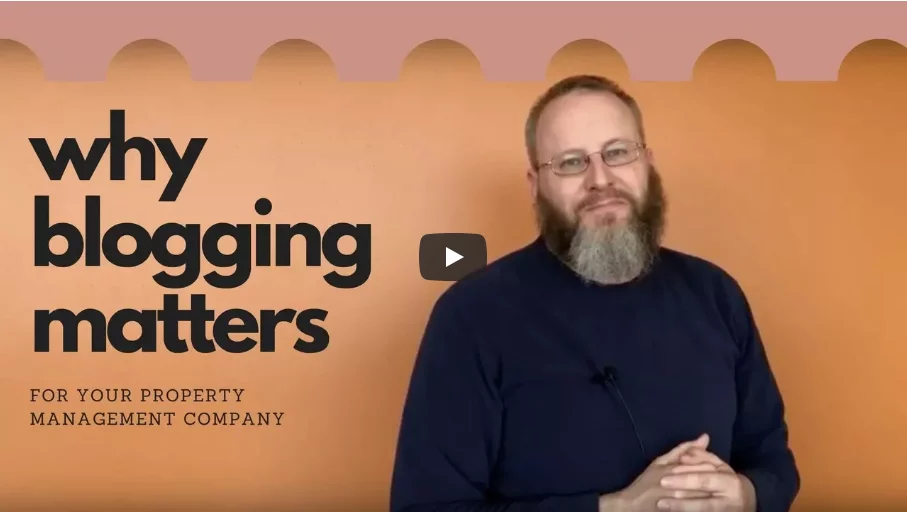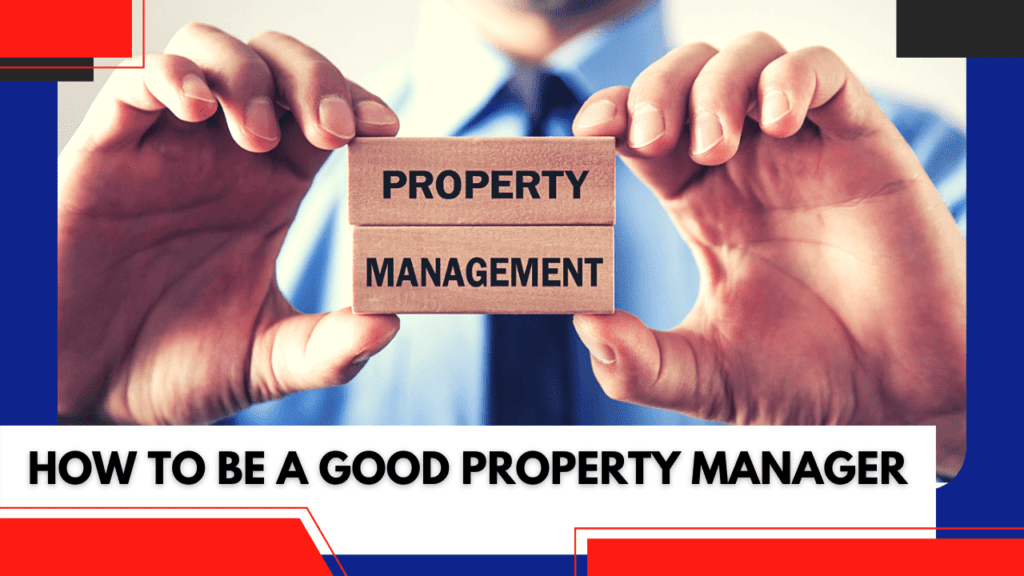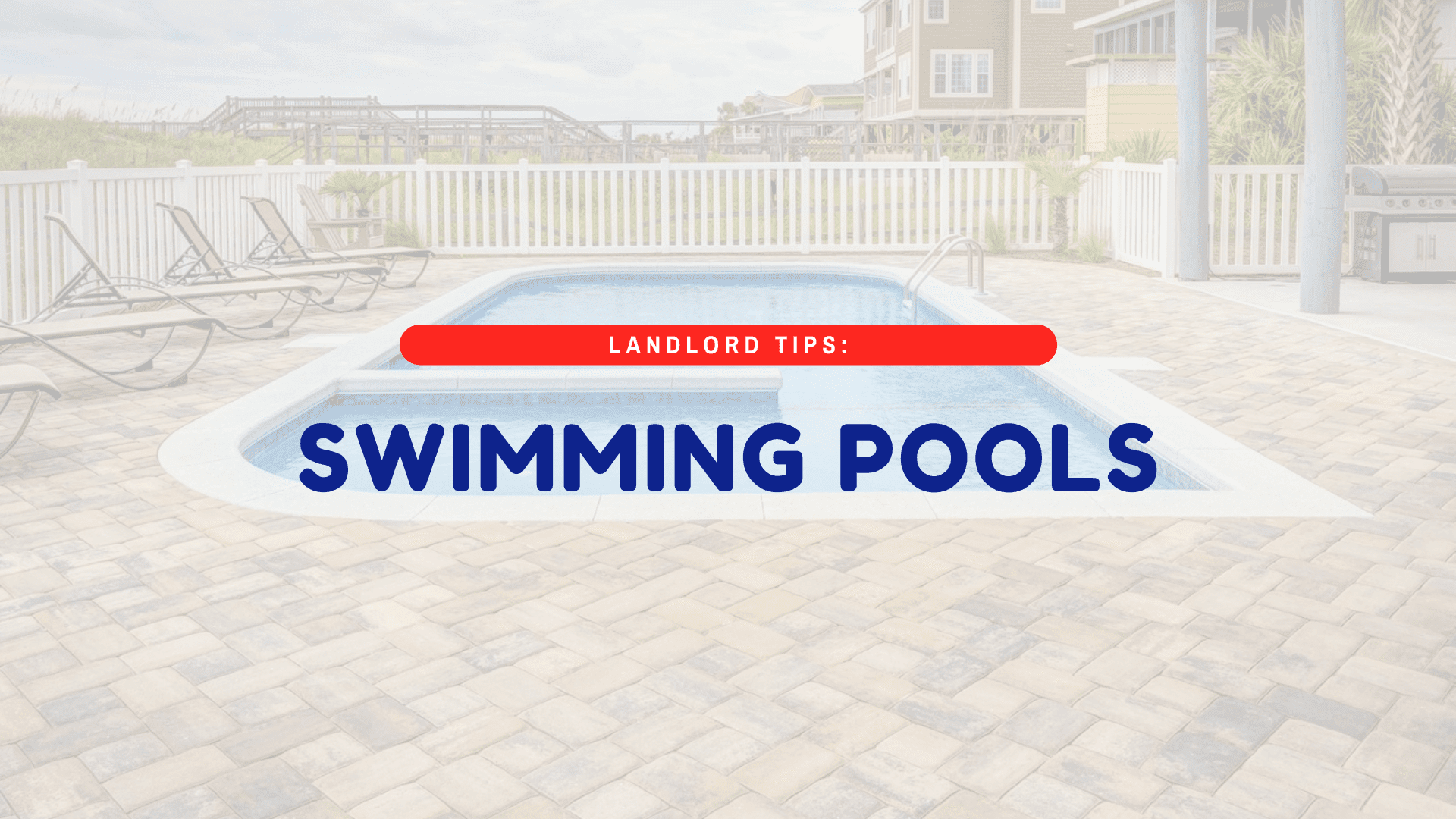There are a lot of ways to invest in real estate. A great way for building serious wealth in this world is through investing in rental property. This post will take a look at why rental properties can be such a powerful investment tool and how you can begin investing in rental properties to increase your wealth.
Why Invest in Rental Property?
Some people invest to get rich while others invest for their children and grandchildren. Whatever your reason, investing in rental property can be one of the quickest and safest investment vehicles around. Rental property allows you to take advantage of several distinct benefits:
- Leverage– Leverage allows you to use only a small amount of cash to purchase a much larger investment. When investing in real estate, you don’t have to pay the full amount for the property. Instead, you can pay a down payment and have a private investor or bank fund the remainder. While you may only have 10-20% down, you are able to control 100% of the property and take advantage of 100% of the appreciation, cash-flow, and other benefits.
- Security– Investing in rental property is generally considered one of the most secure investments you can make. When you invest smart you are able to make more monthly income from rent than what it costs to own the property, and the extra monthly cash flow can be used to cover the times when the property is vacant or needs repairs.
- Tax Benefits– The government likes real estate investors and they reward rental property owners with tax breaks and incentives to encourage this type of investing. Benefits like depreciation or the ability to “trade up” to larger properties without paying any tax can help compound your wealth even faster.
- Directly Actionable– Lastly, investing in rental property gives you an investment that you can directly control. For example, when you buy a stock you have little control over what the company does and how it operates. Your trust is placed in the hands of Wall Street types and when things go down the only option is to sell the stock or hang on. When investing in rental property, you get to actively take a role in the destiny of your property. You can maintain it, improve it, choose the right tenants, pick the right manager, correct problems, and influence local government to support you.
Different Methods of Investing
There are several different ways that you can invest in rental property. Here are some possibilities:
- Single Family Homes – Probably the most popular method for investing in rental property, the single family home is a house that you can rent out to a single family. These properties are easy to find and fairly easy to finance. Single family homes generally have a higher likelihood of obtaining long-term renters which increases the chance for stability. The down-side of a single family home is vacancy. When there is a vacancy you lose 100% of the rent for that time.
- Small Multifamily Properties – The small multifamily is typically between two and four units and can be found in any area. The small multifamily offers the ability to receive multiple rents from different tenants, thus diversifying your income to compensate for times of vacancy. When one unit goes vacant, you still have income from the other units to help pay the bills. Another advantage of small multifamily properties is the ability to finance using conventional loans from banks. This is very helpful when you plan on living in one of the units, so you can take advantage of the 3.5% down payment requirements given by FHA insured loans.
- Large Multifamily– Investing in rental property with five or more units becomes a slightly different game, as far as lending goes. When buying this kind of property, you will be using a “commercial loan” which typically requires higher down payments and interest rates, but shorter term lengths. However, if you purchase the property at a good price, large multifamily properties can quickly produce significant cash flow and a high return on investment.
How to Get Started Investing in Rental Property
To get started you must create a plan to guide you. Your plan should include:
- your starting point
- your goal/destination
- deciding what kind of investment property you want
- how much you want to pay
- where you want to buy
- the level of risk you want to take
- the financing you plan on using
Once you have done this, thoroughly understand the kind of investing you want and follow your plan! It may change slightly and you may need to correct-in-course.





0 Comments